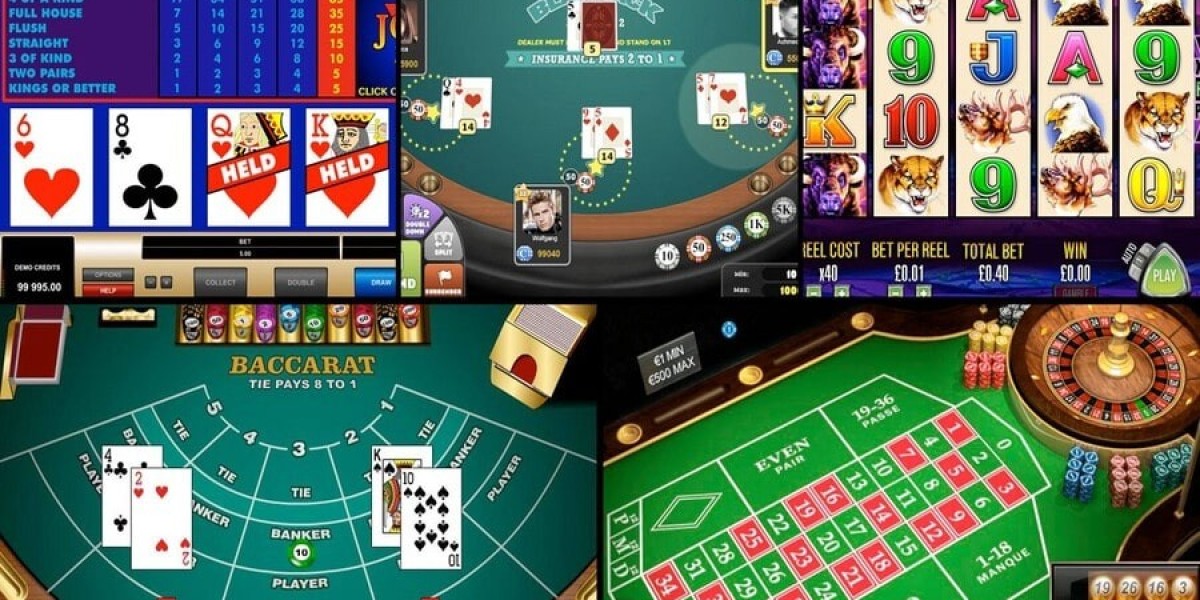Introduction:
In the heart of Dallas, Texas, on a fateful day in November 1963, an event occurred that would shock the nation and reverberate throughout history. President John F. Kennedy, a young and charismatic leader, was assassinated in broad daylight, forever altering the course of American politics and leaving an indelible mark on the collective memory of the American people. This tragic event not only shook the nation to its core but also raised questions about the security of the President and the fragility of democracy itself.
The event unfolded on the 22nd of November when President John F. Kennedy embarked on a political trip to Texas in an effort to mend divisions within the Democratic Party and gather support for his upcoming re-election campaign. As the President's motorcade made its way through Dealey Plaza, a bustling area in downtown Dallas, tragedy struck. Shots rang out, shattering the tranquility of the day, and chaos ensued.
From the sixth floor of the Texas School Book Depository building, a lone gunman, identified as Lee Harvey Oswald, fired upon the President's motorcade with a high-powered rifle. The bullets found their mark, striking President Kennedy in the head and neck, causing fatal injuries. The sounds of the gunfire echoed through the plaza, causing panic among the crowd and sending secret service agents scrambling to protect the President and apprehend the assailant.
Within minutes, Kennedy's limousine sped away, racing towards Parkland Memorial Hospital, desperately attempting to save the life of the beloved President. However, despite the best efforts of medical personnel, President Kennedy was pronounced dead at 1:00 pm, just thirty minutes after the shooting.
The news of the assassination spread rapidly, casting a pall of grief and disbelief over the nation. Televisions and radios crackled with updates, and tearful citizens gathered in homes, offices, and public places to mourn the loss of their President. A nation that had looked up to Kennedy for inspiration and hope was suddenly thrust into a state of shock and uncertainty.
In the aftermath of the tragedy, an intense investigation ensued, attempting to uncover the truth behind the assassination. Lee Harvey Oswald, a former Marine and self-proclaimed Marxist, was apprehended shortly after the shooting but was murdered two days later before he could reveal any possible co-conspirators or motives. This led to decades of speculation and conspiracy theories surrounding the event, fueling further controversy and debate.
The assassination of President John F. Kennedy remains a pivotal moment in American history, forever etched into the collective consciousness of the nation. It marked the end of an era and unleashed a wave of mourning and uncertainty that resonated far beyond the borders of the United States. The loss of such a charismatic and promising leader left an indelible void in American politics and served as a stark reminder of the fragility of democracy.



